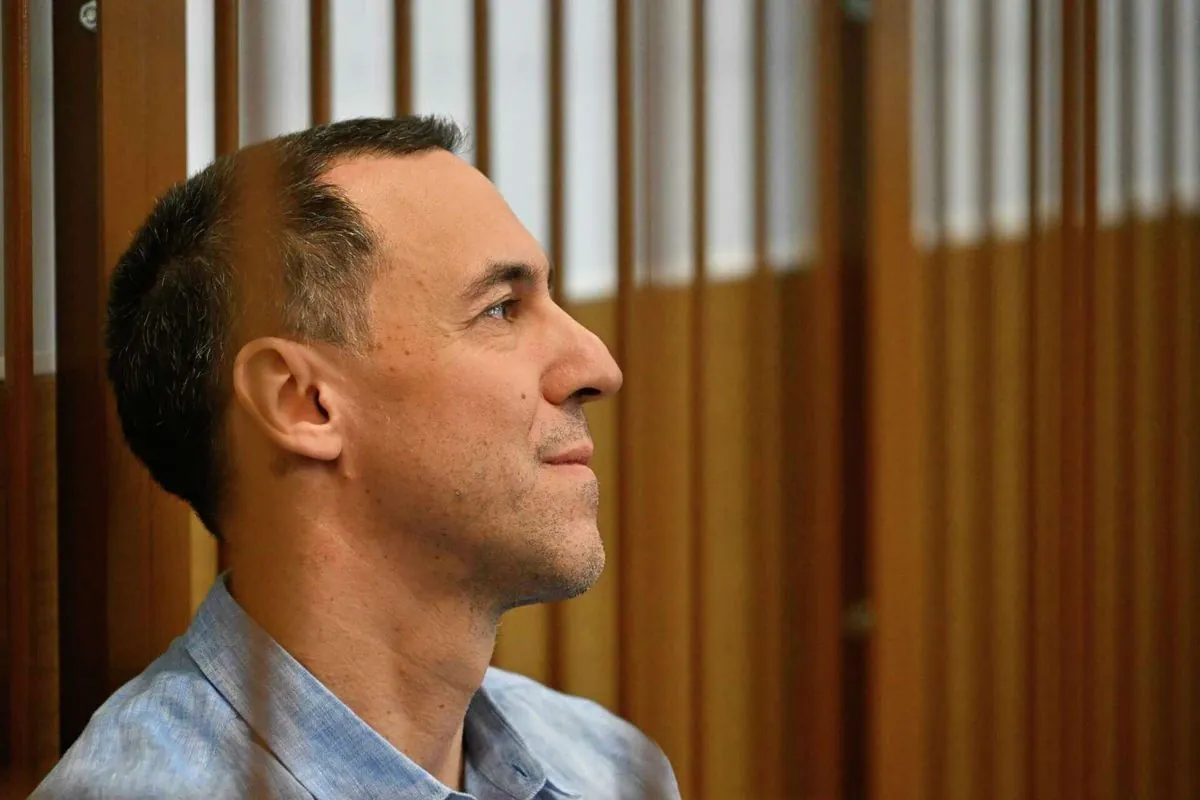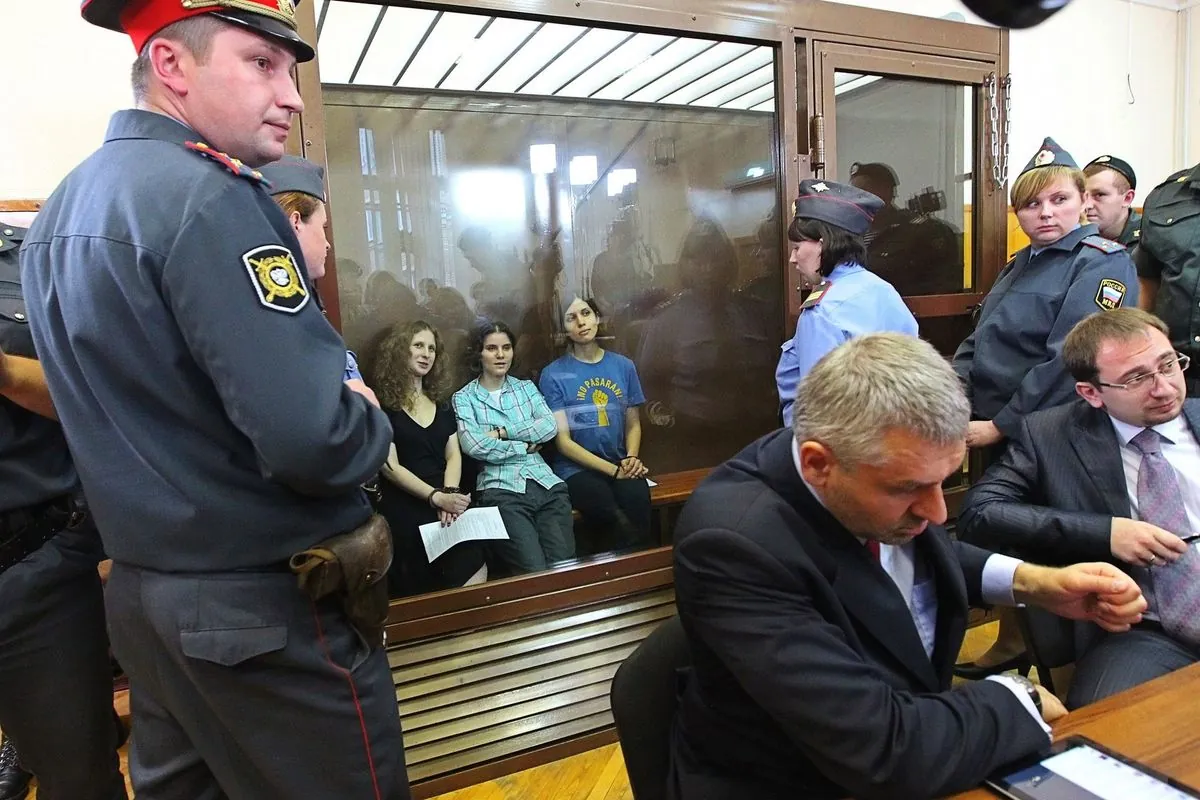French NGO Advisor's Trial in Moscow Postponed Amid Espionage Allegations
Laurent Vinatier, a French citizen, faces trial in Moscow for allegedly gathering sensitive military information. The case, highlighting tensions between Russia and the West, has been adjourned until mid-October.

The trial of Laurent Vinatier, a French citizen accused of unlawfully collecting military information in Russia, commenced on September 16, 2024, in Moscow. However, the proceedings were swiftly adjourned until October 14, 2024, when prosecutors are expected to propose a sentence.
Vinatier, an advisor for the Centre for Humanitarian Dialogue, a Swiss non-governmental organization established in 1999, was arrested in June 2024. He faces charges related to gathering data on Russia's military activities without registering as a foreign agent, a concept introduced into Russian law in 2012. If found guilty, Vinatier could receive a sentence of up to five years in prison.
The case unfolds against a backdrop of heightened tensions between Russia and Western nations, particularly France. These strains have intensified since Russia's military actions in Ukraine began in February 2022, now over two and a half years ago. The situation was further exacerbated by French President Emmanuel Macron's comments regarding the potential deployment of French troops in Ukraine.
Russian authorities allege that Vinatier collected military information during meetings with three unnamed Russian citizens in Moscow between 2021 and 2022. This period coincides with escalating geopolitical tensions preceding the conflict in Ukraine.
The charges against Vinatier stem from a law requiring individuals gathering military-related information to register with authorities as foreign agents. This legislation, along with other recent legal measures, has faced criticism from human rights activists who view it as part of a broader crackdown on independent media and political dissent in Russia.

It's worth noting that the Russian judicial system, based on civil law principles, operates under a criminal procedure code adopted in 2001. While the Russian Constitution guarantees the right to a fair trial, the United Nations has expressed concerns about the broad application of "foreign agent" laws in the country.
The Centre for Humanitarian Dialogue, Vinatier's employer, has stated it is "doing everything possible to assist" him. This Swiss-based NGO's involvement adds an interesting dimension to the case, given Switzerland's long-standing tradition of neutrality in international conflicts.
The trial's postponement allows time for further diplomatic engagement between France and Russia, whose relations date back to 1801. However, the case underscores the complex dynamics at play, with France being a NATO member and Russia viewing the alliance as a potential threat.
As the legal proceedings unfold, they will likely continue to draw international attention, highlighting the delicate balance between national security concerns and individual rights in the context of global diplomacy and conflict.
"The accused has failed to register as a foreign agent while collecting information about Russia's military and military-technical activities that could be used to the detriment of the country's security."
This case serves as a reminder of the ongoing tensions between Russia and Western nations, the complexities of international law regarding espionage - a concept dating back to the Hague Conventions of 1907 - and the challenges faced by NGO workers operating in sensitive geopolitical environments.


































